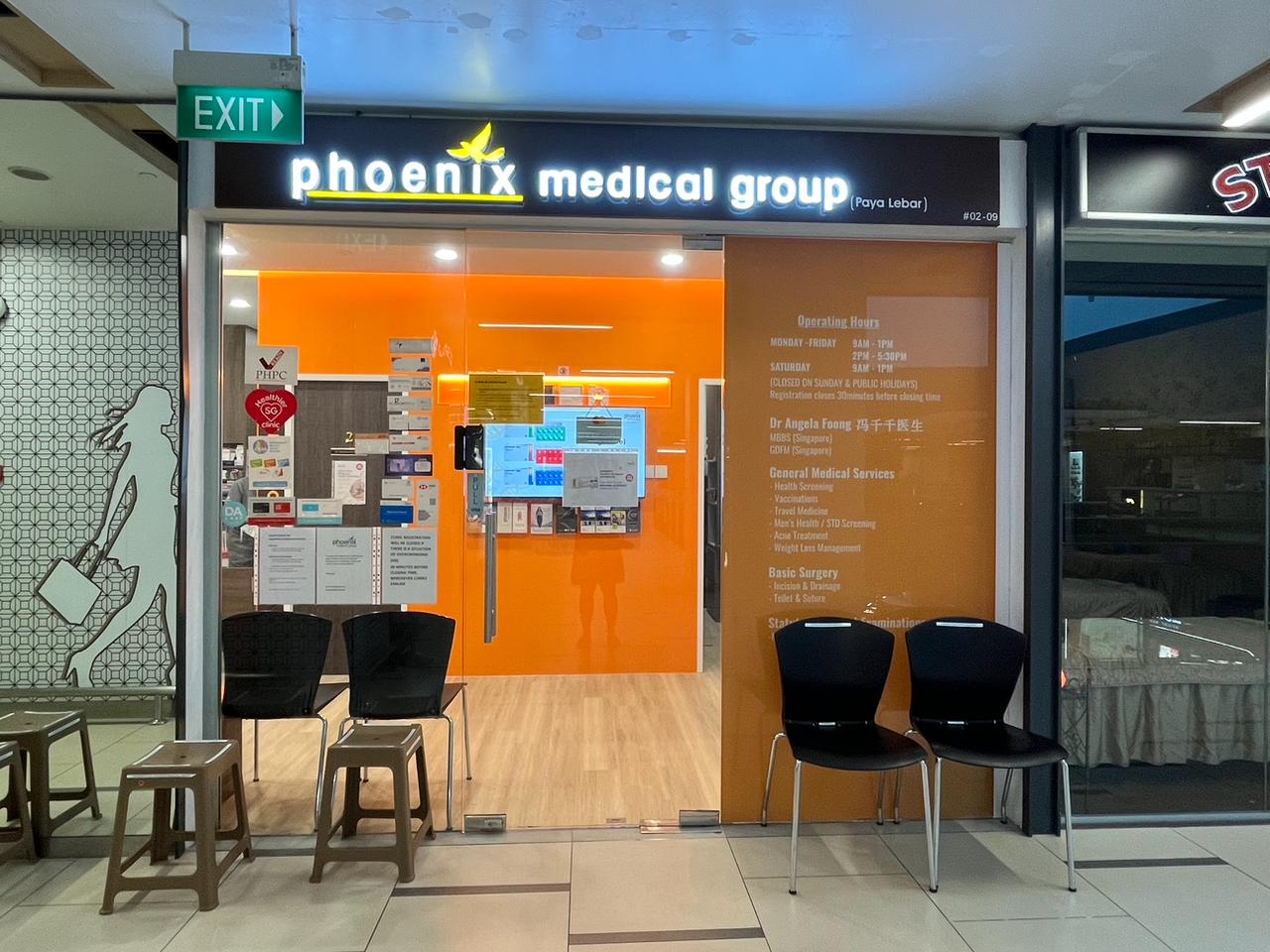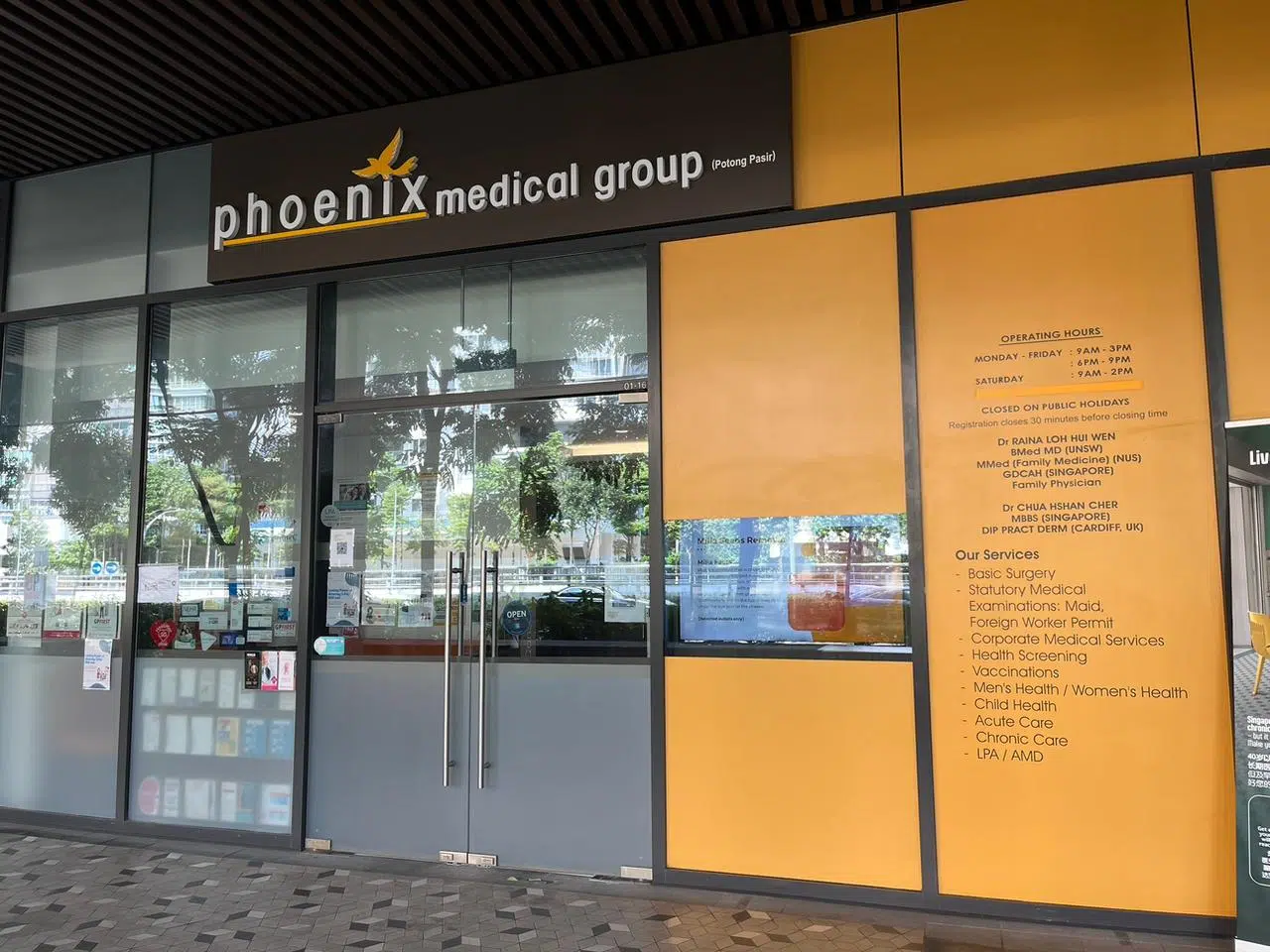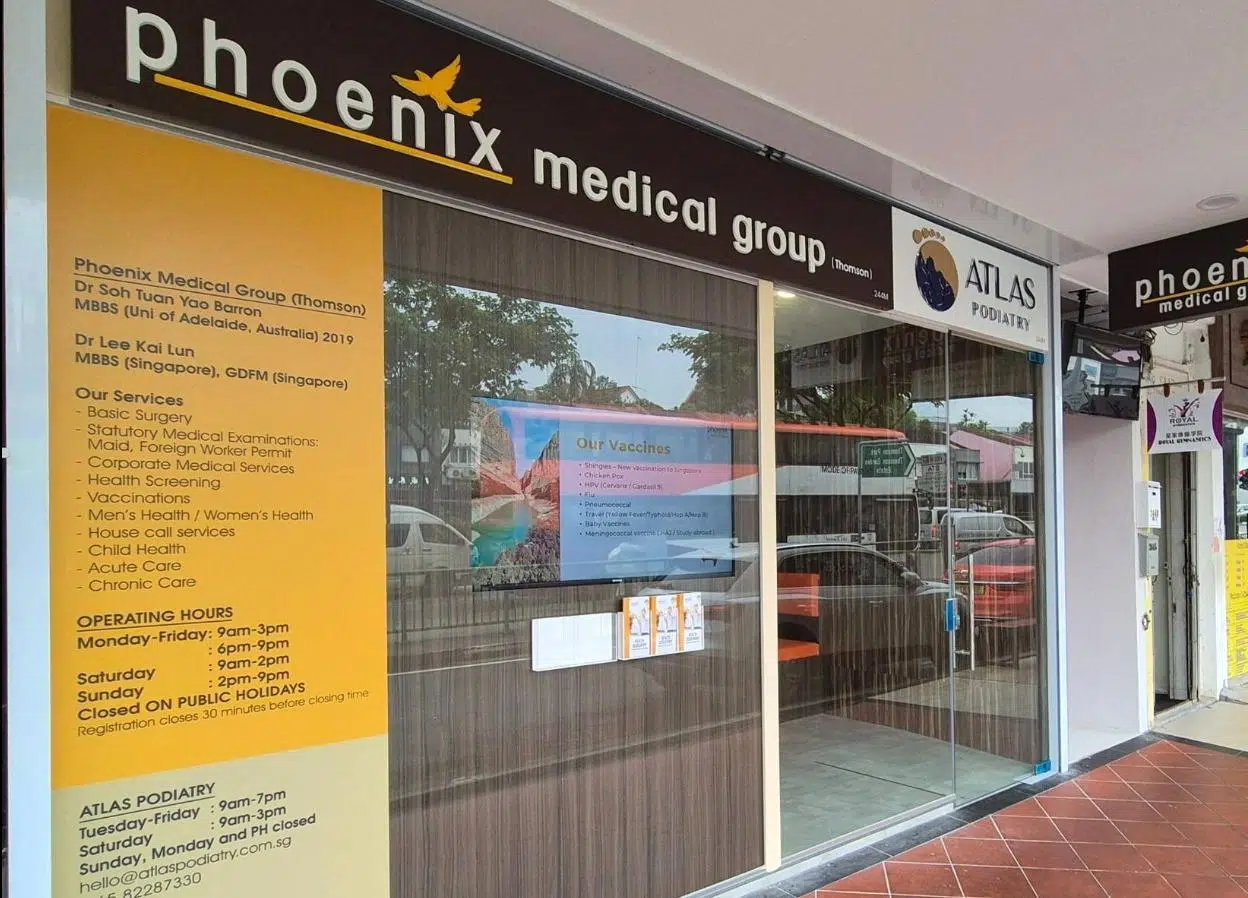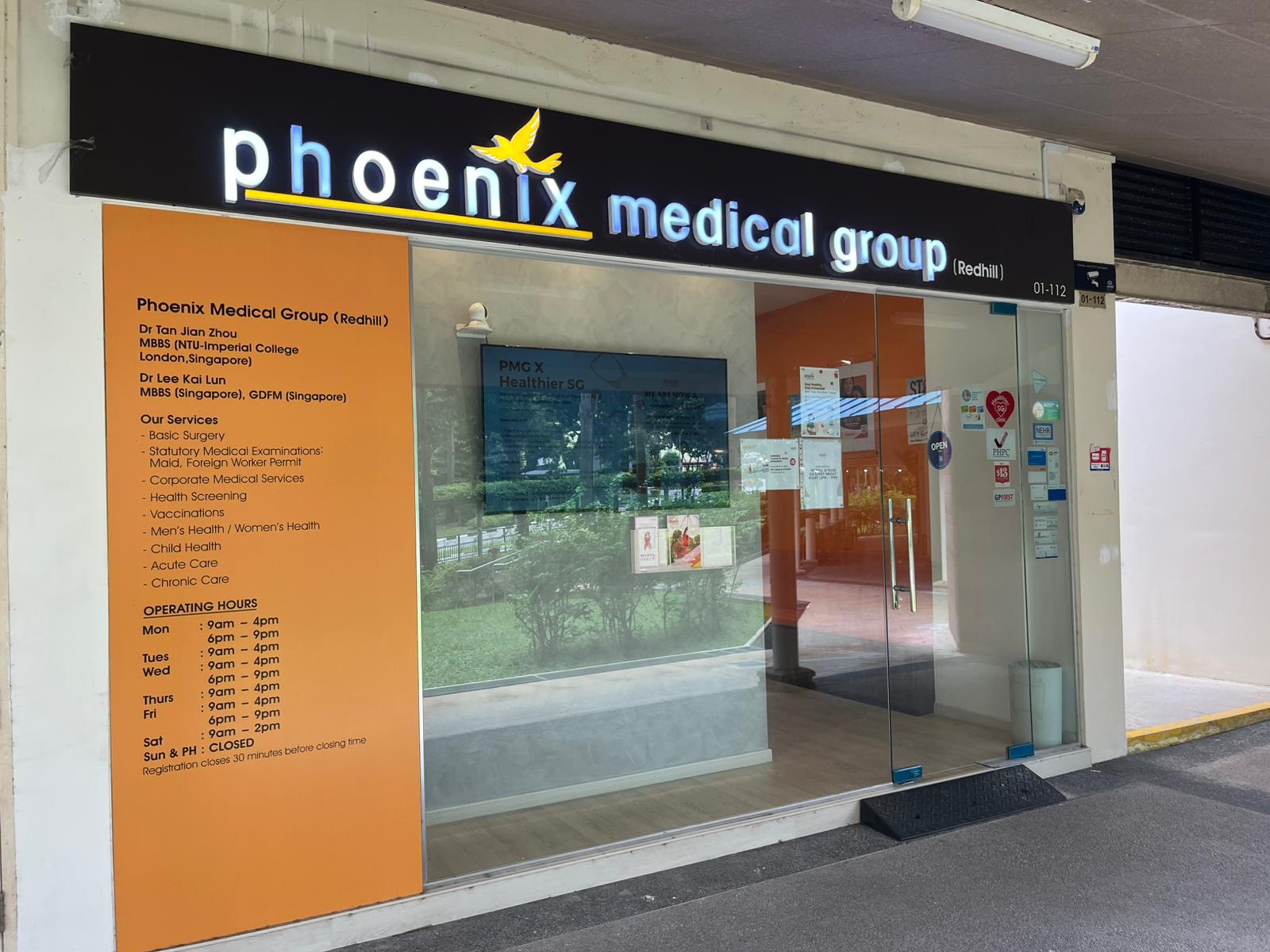
Weight management refers to achieving and maintaining a healthy body weight through a combination of balanced nutrition, regular physical activity and medical support when necessary. When sedentary lifestyles, long working hours and easy access to high-calorie foods are common, it can be challenging to manage weight.
Whether you are trying to lose weight, prevent weight gain, or manage obesity-related health conditions, taking a structured and personalised approach can significantly improve your physical and emotional health.
Excess weight, especially abdominal fat, increases the risk of various chronic conditions. This includes:
Even modest weight loss, of 5 to 10% of your body weight, can lead to noticeable improvements in blood sugar control, cholesterol levels, and blood pressure. More importantly, sustainable weight management supports better energy levels, improved sleep quality, enhanced mobility, and increased self-esteem.
Several lifestyles and cultural habits can lead to unhealthy weight gain, such as:

Determining whether you are within a healthy weight range is an important first step in managing your overall health. Being overweight or obese is more than just a number on the scale. It is about how excess weight affects your risk of chronic diseases such as diabetes, heart disease, high blood pressure, and stroke.
Simple screening tools like Body Mass Index (BMI) and waist circumference are commonly used to assess weight status. These tools help flag early signs of risk, even in individuals who may not appear overweight.
| BMI RANGE | CATEGORY |
| 18.5 – 22.9 | Healthy weight |
| 23 – 27.4 | Overweight |
| 27.5 and above | Obese (increased risk) |
Asian populations, including Singaporeans, face higher health risks like diabetes and heart disease at lower body fat levels. For this reason, BMI thresholds are much stricter.
Waist circumference is another useful form of measurement. It reflects the amount of fat around your abdominal organs, which is a key risk factor for conditions like type 2 diabetes and cardiovascular disease.
At-risk waist measurements:
Even if your BMI is within the normal range, a high waist circumference may indicate increased risk, especially if you have a sedentary lifestyle or other metabolic risk factors.
Both BMI and waist circumference are helpful for screening purposes, but they do not tell the full story. They do not distinguish between muscle and fat, nor do they measure fat distribution. That is why healthcare professionals also consider:

Many people struggle with weight loss despite trying various diets, fitness trends, or supplements, often with limited or short-lived results. That is because effective weight management is not just about eating less or exercising more. It requires a comprehensive, sustainable approach that considers your individual body, lifestyle, and health needs.
A medical weight management programme offers exactly that — structured, evidence-based care delivered by healthcare professionals. It provides the tools, knowledge, and support needed to make meaningful and lasting changes. Whether your goal is to reduce your risk of chronic disease, improve mobility, boost energy, or simply feel better in your body, a medical-led plan can make the process safer and more effective.
Here is what a typical programme may include:
As part of our comprehensive Weight Management Programme, we offer evidence-based treatment options to support long-term, sustainable weight loss. One such option includes GLP-1 receptor agonists, which is a class of medications originally developed for diabetes, now widely used for medically supervised weight loss.
These medications work by mimicking a natural hormone in the body called GLP-1 (glucagon-like peptide-1), which plays an important role in:
When used appropriately and under medical guidance, GLP-1 can significantly enhance weight loss outcomes, especially when it is combined with traditional diet, and a tailored exercise routine.
Many people think of weight loss as the aim. But in truth, losing weight is only the beginning. The real challenge lies in keeping it off and maintaining a healthy balance over time. That is where weight management comes in.
Weight management also acknowledges that our bodies, lifestyles, and needs change over time. In other words, what works at age 25 might not work at 45. It is about adapting and making consistent, realistic choices that support your well-being across different stages of life.
Fad diets, meal replacements, or extreme restrictions may lead to temporary weight loss, but they rarely address the root causes of weight gain or teach you how to maintain progress. True success comes not from rigid plans, but from a shift in lifestyle, behaviour, and self-awareness.
As maintaining a healthy weight lowers the risk of developing a multitude of diseases, you may benefit from the programme if you:

Managing your weight is not just about numbers on a scale or fitting into a certain image. It is about feeling stronger, healthier, and more in control of your life. Everyone’s journey is different, and it is okay to start small. What matters is taking that first step.
No matter what your starting point or past struggles, you do not have to do it alone. We are here to support you with care, understanding, and practical guidance tailored to your needs.
Let us take that step together. Book a weight management consultation with us for a detailed consultation and personalised treatment plan.
The safest and most effective way to lose weight is through a balanced combination of healthy eating, regular physical activity, and personalised guidance from a healthcare professional. Medical weight management also addresses underlying issues such as hormonal imbalances, stress, or sleep problems that can affect your progress.
Not at all. Weight management is not only for those who are overweight or obese. It is also helpful if you are trying to maintain a healthy weight, manage weight-related conditions (like diabetes or PCOS), or simply adopt better lifestyle habits.
Yes. Hormonal imbalances, such as those linked to thyroid disorders, insulin resistance, menopause, or polycystic ovary syndrome (PCOS), can make it harder to lose weight or cause unexpected weight gain. If you suspect hormones may be playing a role, speak to your doctor for appropriate tests and management options.
You are not alone as this is very common. Most quick-fix diets do not address long-term behaviour change or your body’s unique needs. A medical weight management plan focuses on sustainable habits, emotional well-being, and tailored support to help you lose weight and keep it off.
Even a 5 to 10% reduction in body weight can lead to significant health improvements, such as better blood pressure, cholesterol, and blood sugar levels. Our doctor will work with you to set safe, realistic goals based on your current health and personal situation.
Not always. Many people achieve healthy weight loss through lifestyle changes alone. However, in some cases, our doctor may recommend weight loss medications or investigate underlying medical issues that could be affecting your metabolism. All treatment decisions will be made based on your needs, preferences, and health status.
No. At Phoenix Medical, we focus on helping you build a balanced, flexible eating plan that works for your lifestyle. We aim to help you develop a healthier relationship with food, not follow a restrictive or unrealistic diet.



9:00am to 8:30pm

9:00 am - 4:30 pm, 6.00 pm - 8:30 pm
9:00 am - 1:30 pm
2:00 pm - 8:30 pm

60 Paya Lebar Road, #02-09 Paya Lebar Square, Singapore 409051
9:00 am - 12:30 pm
2:00 pm - 5:00 pm
9:00 am - 12:30 pm

275 Thomson Road,
#01-05 Novena Regency,
Singapore 307645
9:00 am - 2:30 pm
6:00 pm - 8:30 pm (Mon, Tue, Wed & Fri)
9:00 am - 1:30 pm
2:00 pm - 8:30 pm

The Venue Shoppes,
2 Tai Thong Crescent, #01-16,
Singapore 347836
9:00 am - 3:00 pm
6:00 pm - 9:00 pm (Mon, Wed & Thu)
9:00 am - 2:00 pm
Closed

244M Upper Thomson Rd, Thomson Garden Estate, Singapore 574369
9:00 am - 3:00 pm
6:00 pm - 9:00 pm (Mon & Wed)
9:00 am - 2:00 pm
Closed

9:00 am - 4:00 pm
6:00 pm - 9:00 pm
9:00 am - 2:00 pm
Closed